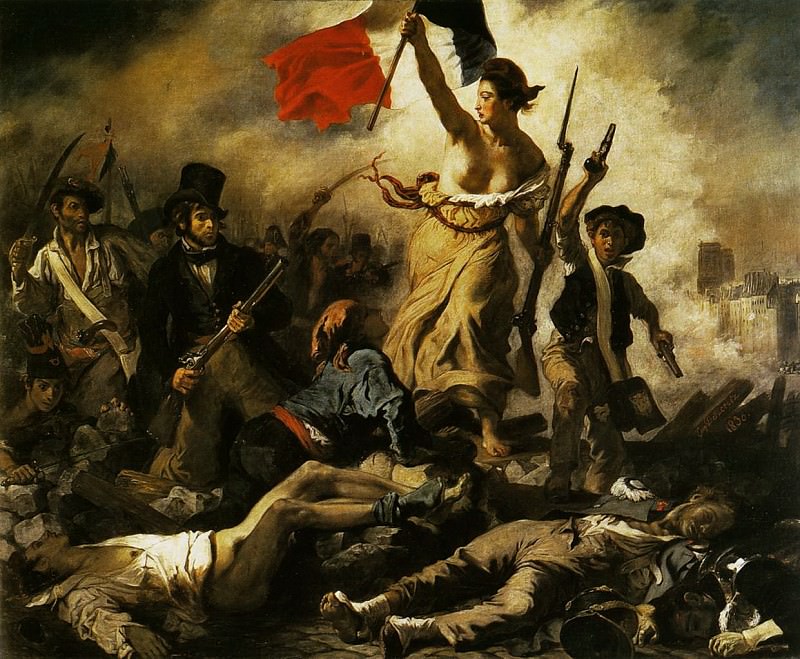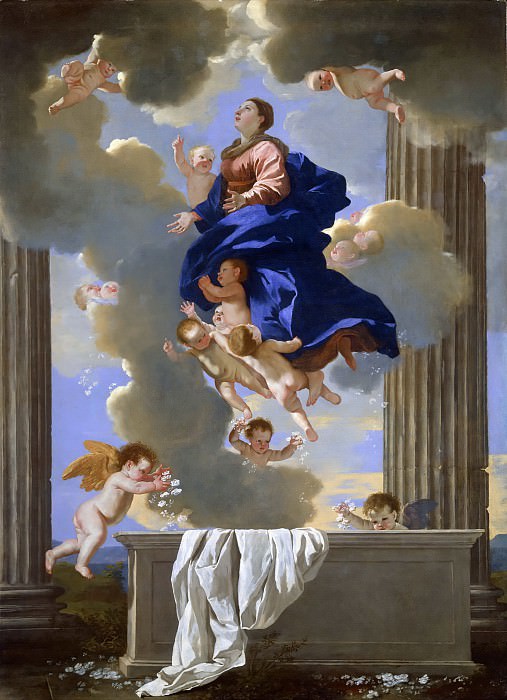The Art of Eric Gill: A Complex Legacy
Eric Gill (1882-1940) is one of the most influential and controversial British artists of the 20th century. Known for his work as a sculptor, typeface designer, and printmaker, Gill's contributions to the visual arts are vast and varied. His legacy, however, is complicated by revelations of his personal life, which have cast a shadow over his artistic achievements. Despite this, his work continues to be studied and revered in the art world, sparking ongoing debates about the separation of an artist's work from their personal conduct.
Early Life and Artistic Development
Eric Gill was born in Brighton, England, in 1882. His early education was in Chichester, where he developed an interest in calligraphy and letterforms. In 1900, he moved to London to study at the Central School of Arts and Crafts, where he was taught by Edward Johnston, a pioneer of modern calligraphy. This period marked the beginning of Gill's lifelong fascination with letters, which would later culminate in his creation of some of the most iconic typefaces of the 20th century.
Gill's early career was characterized by his exploration of various artistic disciplines. He began as a letter cutter, creating inscriptions for gravestones and memorials. His work in this area was deeply influenced by his interest in classical Roman lettering, which he adapted to his own modern style. This focus on lettering would remain a constant throughout his career, influencing both his sculptural work and his designs for typefaces.
Sculptural Works and Religious Imagery
Gill's work as a sculptor is perhaps his most well-known contribution to the art world. His sculptures often depicted religious themes, reflecting his devout Catholic faith. One of his most famous works is the "Stations of the Cross" series, created for Westminster Cathedral in London. This series, consisting of 14 bas-relief sculptures, is considered one of the most important religious art commissions of the 20th century. Gill's ability to convey deep spiritual emotion through simple, yet powerful, forms is evident in these works.
Another significant work is "Prospero and Ariel," a sculpture created for the BBC's Broadcasting House in London. This piece, which depicts characters from Shakespeare's "The Tempest," showcases Gill's ability to blend classical forms with modernist sensibilities. The sculpture is both elegant and dynamic, capturing the essence of the characters it represents.
Typeface Design: A Lasting Legacy
While Gill's sculptural work is widely celebrated, his contributions to typeface design have arguably had an even more lasting impact. Gill Sans, one of his most famous typefaces, was designed in 1928 and has since become one of the most widely used typefaces in the world. Its clean, modern lines and versatility have made it a favorite for everything from corporate branding to book design.
Another of Gill's notable typefaces is Perpetua, designed in the 1920s. This typeface was inspired by classical Roman inscriptions and is characterized by its elegant, yet sturdy, letterforms. Perpetua has been praised for its readability and timeless design, qualities that have ensured its continued use in a variety of contexts.
Gill's work in typeface design was not limited to these two examples. He created several other typefaces, each with its own unique characteristics. His approach to type design was deeply influenced by his background in calligraphy and his belief in the importance of the visual form of letters. For Gill, type design was not just a technical exercise but an art form in its own right.
Controversy and Ethical Questions
Despite his artistic achievements, Eric Gill's legacy is marred by the controversy surrounding his personal life. In 1989, long after his death, it was revealed that Gill had engaged in abusive and incestuous relationships with members of his own family. These revelations have led to widespread debate about whether it is possible to separate an artist's work from their personal conduct.
This controversy has had a significant impact on how Gill's work is viewed today. Some institutions have chosen to distance themselves from his work, while others have continued to display it, often with added context about the artist's personal life. The debate over Gill's legacy raises important questions about the ethical responsibilities of artists and the institutions that showcase their work.
The Influence of Eric Gill's Art
Despite the controversies, Eric Gill's influence on the art world remains undeniable. His work as a sculptor and typeface designer has left a lasting mark on both disciplines. Gill's ability to blend classical forms with modernist sensibilities has made his work timeless, and his contributions to typeface design continue to be used and admired to this day.
Gill's influence can be seen in the work of many contemporary artists and designers. His emphasis on the importance of form and craftsmanship has inspired generations of artists to take a similar approach to their work. At the same time, the controversy surrounding his personal life has prompted ongoing discussions about the relationship between an artist's work and their personal conduct.
Conclusion: A Complex Legacy
The art of Eric Gill presents a complex and often troubling legacy. On one hand, his contributions to sculpture and typeface design are widely regarded as some of the most important of the 20th century. On the other hand, the revelations about his personal life have cast a long shadow over his work, leading to ongoing debates about how it should be viewed and interpreted.
Ultimately, the legacy of Eric Gill is one of both artistic brilliance and moral ambiguity. His work continues to be studied and celebrated, but it also serves as a reminder of the complexities and contradictions that can exist within the life of an artist. As the art world continues to grapple with these issues, the work of Eric Gill remains a powerful example of the ways in which art and ethics can intersect, often in uncomfortable and challenging ways.

















